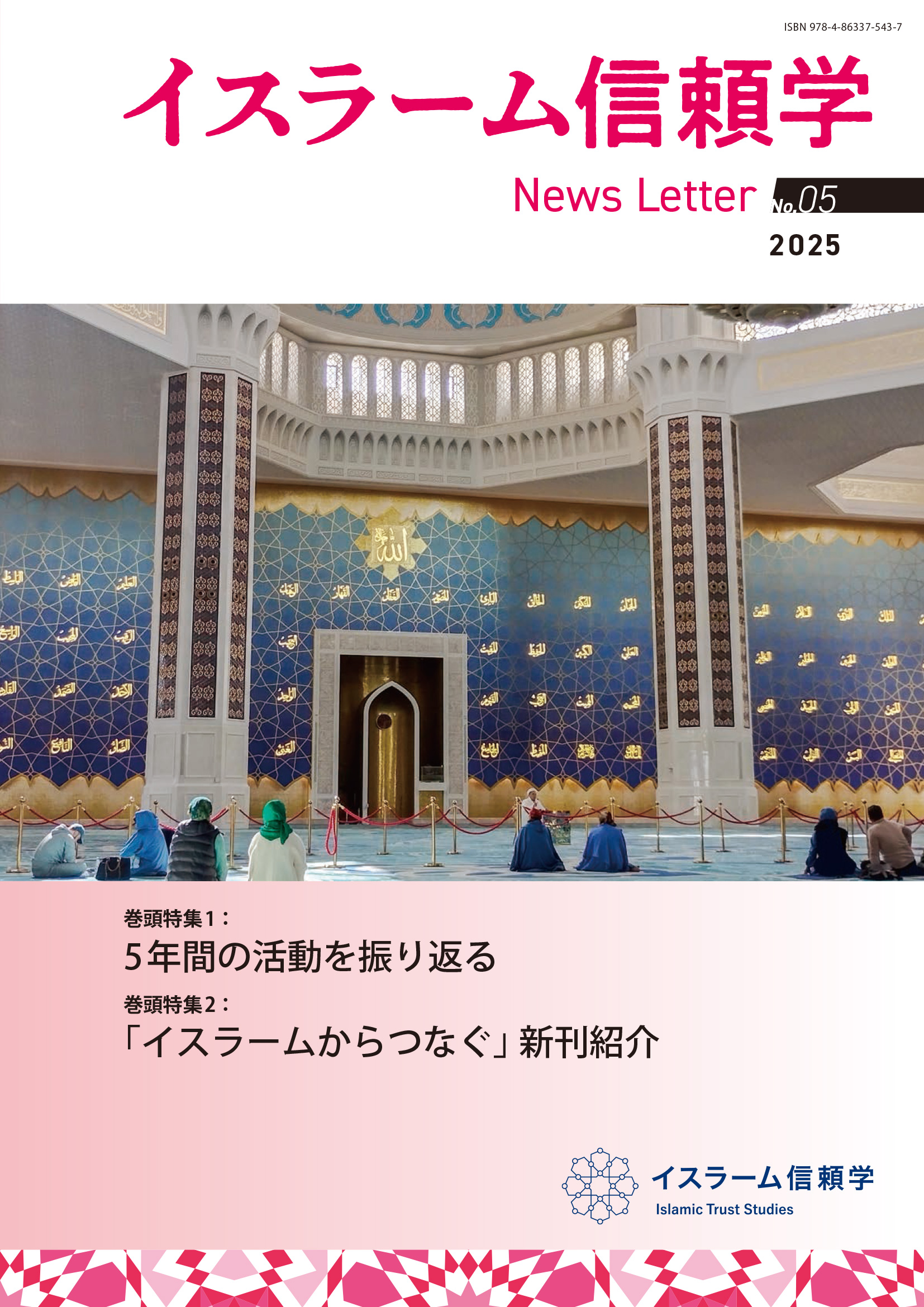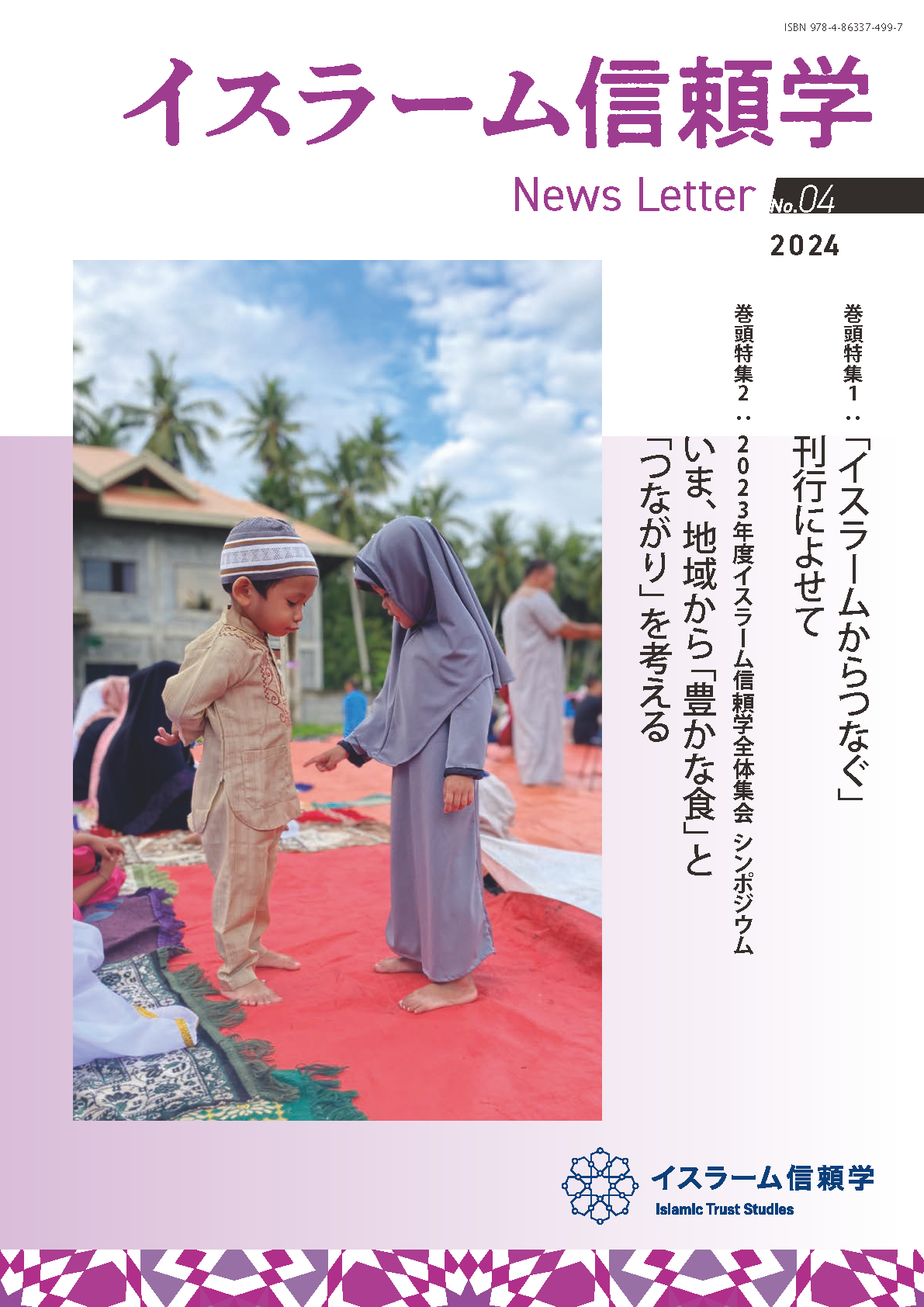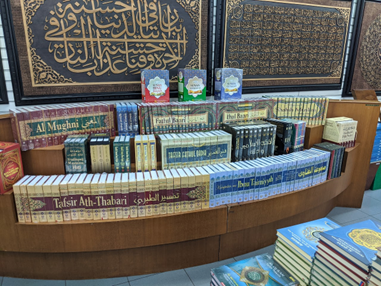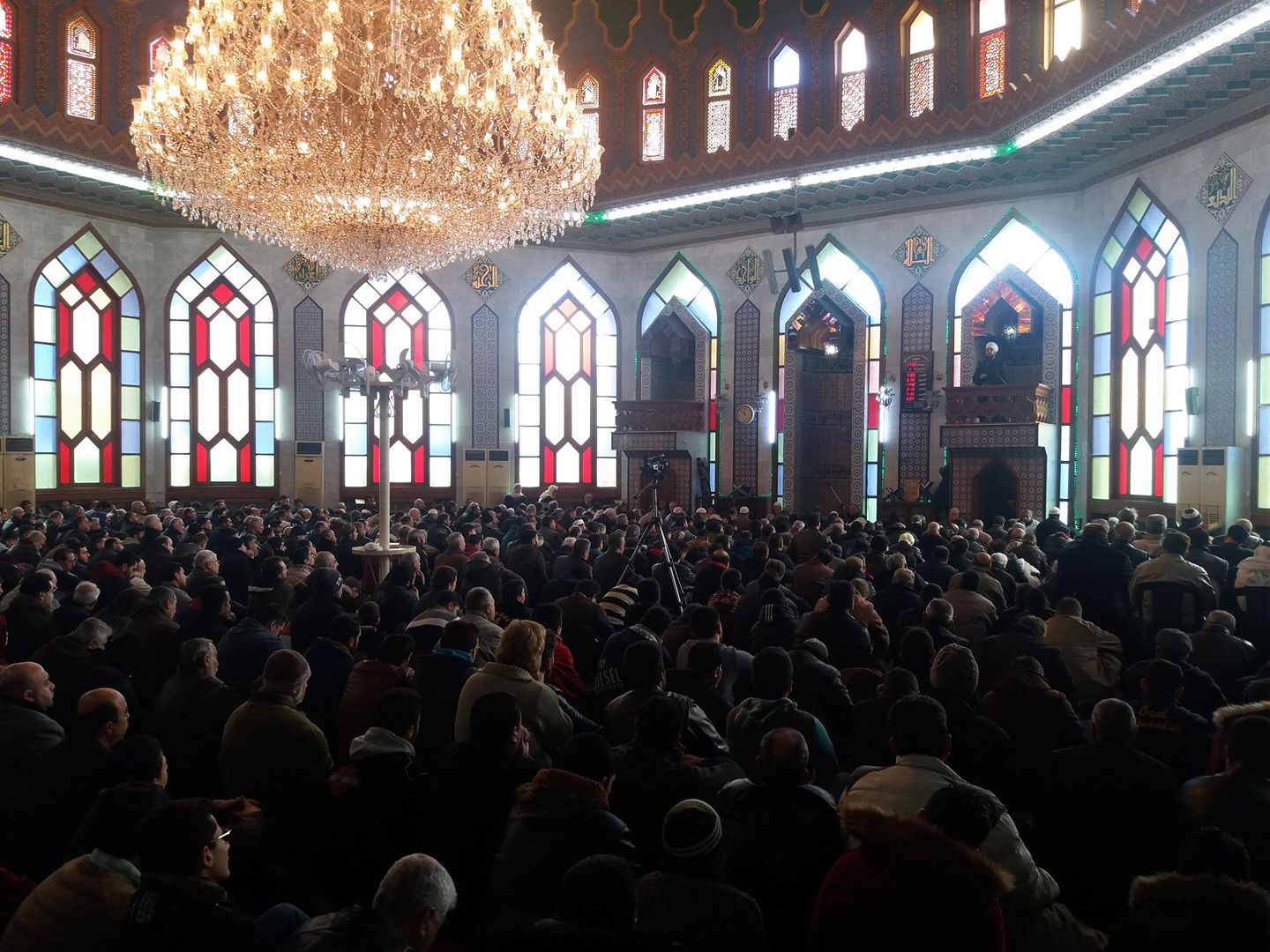Blog #16 “Wheat, Bread, Politics, and Life: A Food and Agriculture View on Global Connectivity”
2023.09.12
Category: Blog
Author: Yuko Ido
When in Egypt, a lovely place to visit is the Agricultural Museum in Cairo’s Dokki district. A world apart from the bustling city outside its gates, this museum, which opened in 1938 during Egypt’s monarchic period, is filled with soothing large trees and the sound of chirping birds. Upon entering the building that houses the museum’s collection of plants, one sees on the wall a large map of Egypt with the Nile River in the center and the layout of its irrigation system. The displays here include: traditional farming tools and scales, ancient people (mannequins) grinding grains and kneading bread, numerous old photographs of agricultural labor in different locations, separate displays with samples of each type of soil and grain, and adorable miniatures depicting craftsmen hard at work, delivering bags of grain by boat, milling grain, and making bread.
This museum isn’t a flashy tourist destination. It’s a quiet place filled with the pride of an ancient agricultural powerhouse and a love for the Nile River and its blessings, i.e., grains. When seeing the Wheat and Barley Room, we’re reminded that Egypt is located on the western edge of the “Fertile Crescent”, the birthplace of wheat. Having eaten wheat since ancient times, the people of this region take understandable pride that the eastern and southern regions of the Mediterranean Sea were said to have been the granaries that fed the people of the north (currently called Europe) during the Roman Empire.
But the glories of the past are fading away. Egypt is now the world’s largest importer of wheat. How did this come to be? Russian forces invading Ukraine in February 2022 prompted a reexamination of this issue. Russia’s blockade of the Black Sea disrupted shipments of grain, fertilizer, and other items, which for a while lead to concerns about a global food crisis. Through the intermediation of the United Nations and Türkiye in July 2022, Russia and Ukraine agreed to the Black Sea Grain Initiative. Although this agreement allowed Ukraine to resume grain exports, which reduced grain prices on the international market, the prices remain high. Concerns have continued into 2023, as Russia declared its withdrawal from the grain agreement amid ongoing negotiations, with no sign of a cease-fire agreement.
The crisis has heightened the global awareness that many Middle Eastern and African countries, including Egypt, rely on imports for a staple grain (wheat). Egypt has transitioned from an era of food aid from the United States, through an era when the world’s major multinational grain companies dominated, into the rise of Russia and Ukraine as emergent grain exporters. Particularly in last ten years, imports of grain (mainly wheat) from Russia and Ukraine have increased significantly.
This publicly offered research project, “Food in Emergencies: Connectivity and Trust-Building Being Challenged in the Middle East and North Africa,” explores the potential for regional cooperation in food security, particularly in MENA countries. In considering these issues, three approaches are adopted.
The first approach is identifying both the common structural features across the region as well as the individual contexts and challenges facing each country.
In the Muslim-majority MENA countries with limited arable land and water resources, and rapidly growing populations, changing domestic agricultural production and consumption patterns and food policies having led to increasing dependence on imports of major grains, especially wheat. Although future agricultural production in the region is expected to stagnate as increasingly frequent heat waves and droughts become commonplace, the region is unprepared for even present day emergencies, like the war in Ukraine. Taking Egypt as a main focus, where my own experience lies, I investigate the situation in other countries through collaborative study with fellow colleagues.
The second approach is learning from historical lessons.
The issue of food security during wartime is a recurring theme throughout human history, with several important examples from the Middle East. This research surveys and classifies previous studies on two war-era cases: the Great Famine of Mount Lebanon (1915–1918) during World War I, and the role and functions of the Allied forces’ Middle East Supply Center during World War II. This research project aims to learn lessons that may have implications for today’s issues, such as how exactly war caused the logistics to breakdown and the food supply to stagnate, and how these problems were resolved.
The third approach is food supply and regional cooperation.
Over the years, Asia has also become increasingly dependent on grain imports. But in Asia’s case, there are regional cooperation mechanisms in place as contingency measures against natural disasters and food crises. This study examines previous research surveys to draw on the experiences and lessons learned from projects such as the ASEAN Plus Three Emergency Rice Reserve (APTERR) and the South Asian Association for Regional Cooperation Food Bank (SAARC Food Bank). We are looking for hints to developing a similar regional cooperation project in the Middle East and North Africa, where no such mechanism or system currently exists.
Food is essential for human survival.
Food. It spans all aspects of human activity, religious and cultural, political and economic. It is central to our ability to continue living on Earth. It is the subject of debates that transcend time and place. Grains in particular, a staple food examined in this research, are the subject of a long-standing (and sometimes polarizing) debate between free trade proponents arguing comparative advantage versus advocates prioritizing domestic production and national self-sufficiency. The debate, which dates back to 19th century Britain’s Corn Laws, continues to this day. Primarily dealing with nation states under a global economy, the debate involves the weaknesses of industrialized countries with limited agricultural production, an issue vital to Japan in the present day. In the face of trans-continental issues like climate change, there are limits to the approaches and steps a single nation can take. To effectively respond to a food crisis, a food security system should encompass all stages, from production to distribution to consumption. Taking the MENA region as an example, this study explores the connective possibilities for a sustainable regional cooperation rooted in mutual trust.
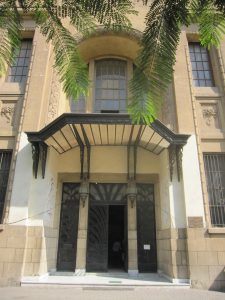
The Room of Wheat and Barley in the Cairo Agricultural Museum (Photo by author)

The façade of the “Plant Wealth Collections Museum” situated in the Cairo Agricultural Museum, Egypt (Photo by author)
-300x225.jpg)
The Room of Wheat and Barley in the Cairo Agricultural Museum (Photo by author) Miniatures of bread makers in the Room of Wheat and Barley, the Cairo Agricultural Museum (Photo by author)


